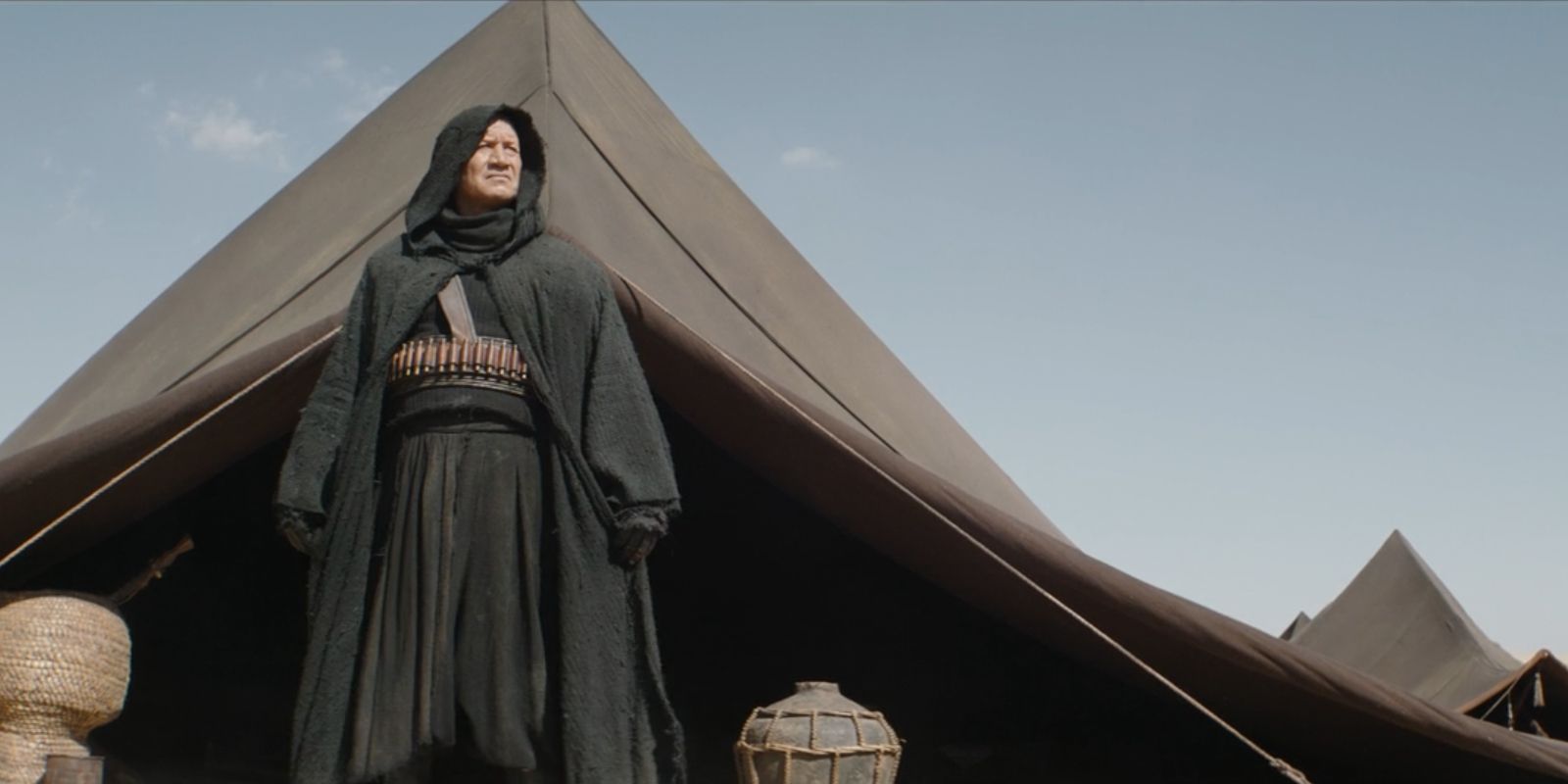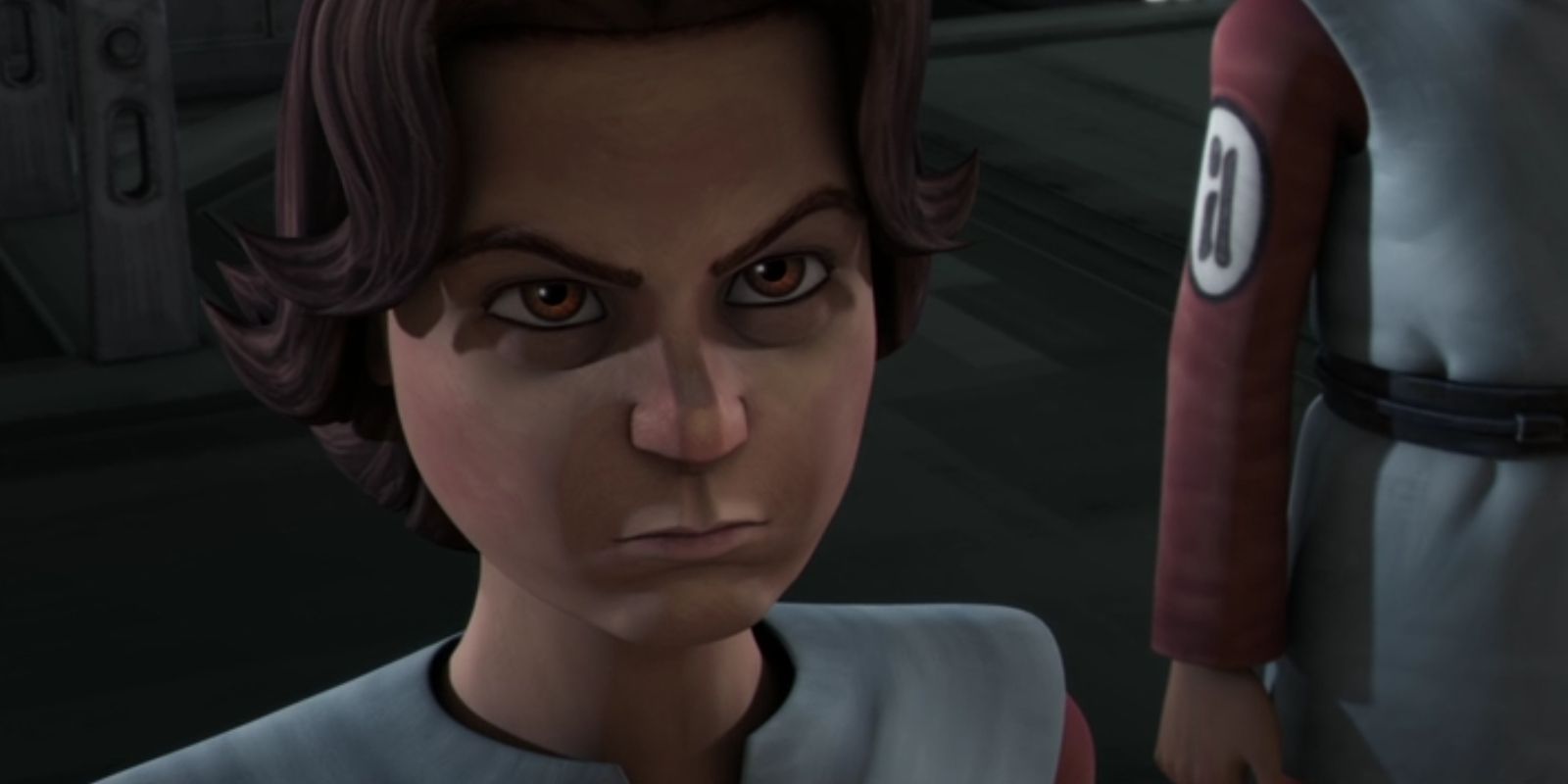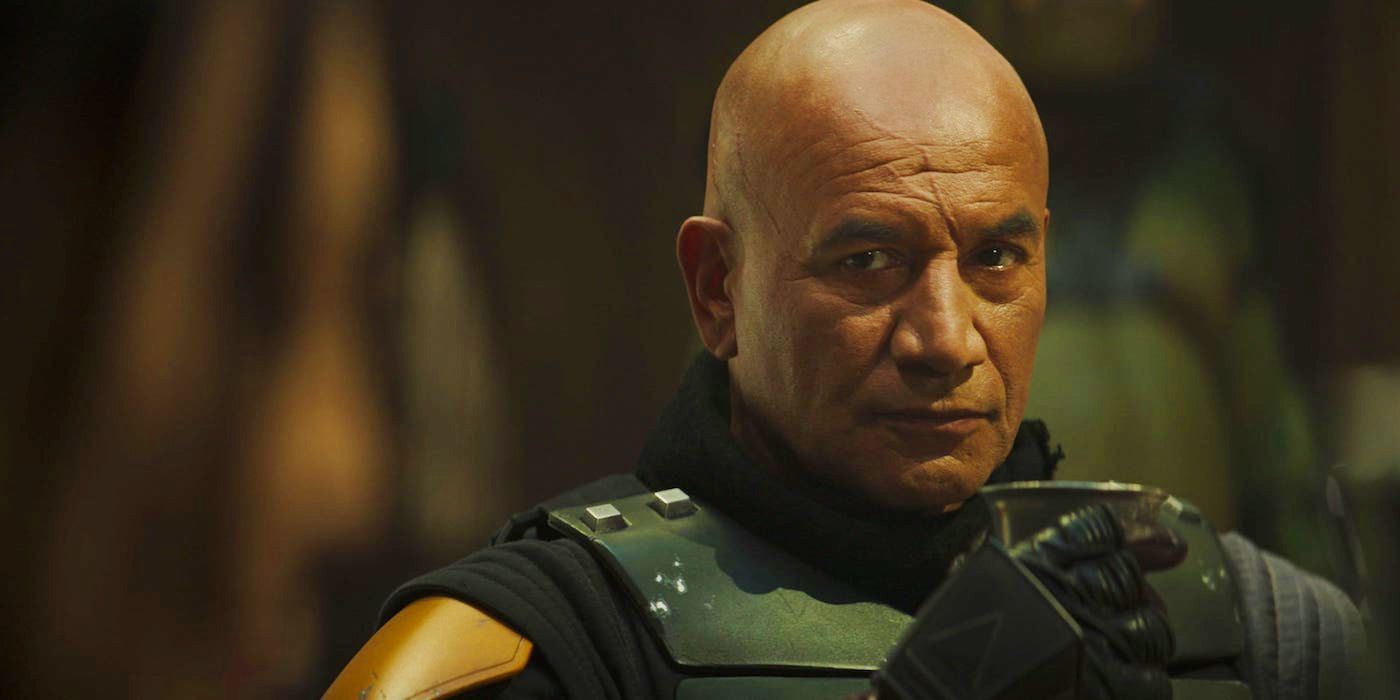WARNING: The following article contains spoilers for Star Wars: The Book of Boba Fett "Chapter 2: The Tribes of Tatooine," streaming now on Disney+.
Arguably, the most defining moment in Boba Fett's life was the death of his father in Star Wars: Attack of the Clones. In Boba Fett’s first appearance in Star Wars: The Clone Wars in the final arc of the second season, he began completely focused on revenge against Mace Windu for killing Jango. However, as the collateral damage began to rise, Boba clearly became more and more conflicted, eventually abandoning his revenge quest after realizing that his actions did not fit with his father’s code or morals.
While Boba's character arc has not taken a clear path toward heroism, he has adopted a far stronger code of honor as he has grown older. By comparing his revenge plots in Star Wars: The Clone Wars and Star Wars: The Book of Boba Fett, the evolution of this code of honor becomes more clear. Boba's honor code now focuses more on respect and gaining power through that respect.
Boba Fett's Revenge in The Clone Wars
At the beginning of "Death Trap," the twentieth episode of Star Wars: The Clone Wars' second season, Boba infiltrates a group of Clone cadets on a Republic Jedi Cruiser in order to assassinate Mace Windu. Boba did not act alone; Aurra Sing, another bounty hunter who took him in after Jango's death, also served as a mastermind for the plot and clearly stoked Boba's desire for vengeance. Boba's plan seemed at first to be pretty solid after he successfully planted a bomb in Mace Windu's quarters and returned to his tour group with little incident. However, a Clone Trooper, not Mace, was the first to enter Mace's quarters and bore the brunt of the blast.
This trooper's death was only the start of the collateral damage from Boba's revenge plot. After the bomb failed, Aurra ordered Boba to blow up the Cruiser in order to guarantee Mace's death. While Boba was clearly conflicted, he still went along with Aurra's orders, even when he had multiple opportunities to choose other paths. When faced with actually directly killing people other than Mace, Boba chose to incapacitate them instead or leave them for dead, but these acts of mercy still do not erase the deaths he indirectly caused by destroying the Jedi Cruiser.
In the Star Wars: The Clone Wars season two finale "Lethal Trackdown," Boba abandoned his revenge quest after Hondo Ohnaka reminded him of Jango's honor code. While Boba recognized that his actions were not honorable, he still did not relinquish his hatred for Windu, vowing to never forgive him. However, Boba did abandon his attempts to murder Mace even after Boba escaped from prison later on, focusing instead upon creating his own bounty hunter syndicate, the Krayt's Claw, showing that his focus had shifted away from the vengeance that shaped him before.
Boba Fett's Turn Away from Vengeance in The Book of Boba Fett
Throughout Star Wars: The Book of Boba Fett, Boba repeatedly decides against vengeance. For example, he chose to spare the Gamorrean guards in exchange for their loyalty. He also does not injure Mayor Mok Shaiz's majordomo, even after the majordomo and the mayor repeatedly insulted him. These decisions do not mean that Boba was no longer willing to kill; he did incinerate one of the Order of the Night Wind's assassins after all. However, Boba clearly honored a less violent code than his former mentor Aurra Sing and his predecessor on Tatooine, Jabba the Hutt.
The clearest example of Boba choosing negotiation against vengeance occurred in “The Tribes of Tatooine.” In the dream flashback, Boba began what seemed at first to be a revenge quest against the train and its riders after they slaughtered multiple members of the Tusken Raiders. However, after Boba and the Tusken Raiders fought back and took over the train, Boba allowed the Pyke Syndicate survivors to live and negotiated a new arrangement that should, if the Syndicate cooperates, end the slaughter and garner profits for the Tusken Raiders.
The possibility of power and prestige were key in this decision. The Pyke Syndicate members were allowed to live in part because of what they could offer the Tusken Raiders in exchange for their survival. By extension, when he spared the Gamorrean guards and the majordomo in "Chapter 1: Stranger in a Strange Land," he did so in part because he recognized how their continued survival could benefit him. This recognition did not erase Boba's desire to "rule with respect" or his decision to follow a more honorable code, but it did show that Boba operated under a more grey moral code than simply a hero or a villain.
Boba's new honor code showed that he internalized the lessons that he learned from his failed revenge plots as a child. However, this code still is rooted in how the people he spares can benefit him. But while Boba's approach is still more honorable than Jabba the Hutt's abuses of power, Tatooine will surely still test the former bounty hunter.
To see whether Boba Fett has truly abandoned his need for vengeance, new episodes of Star Wars: The Book of Boba Fett stream Wednesdays on Disney+.



